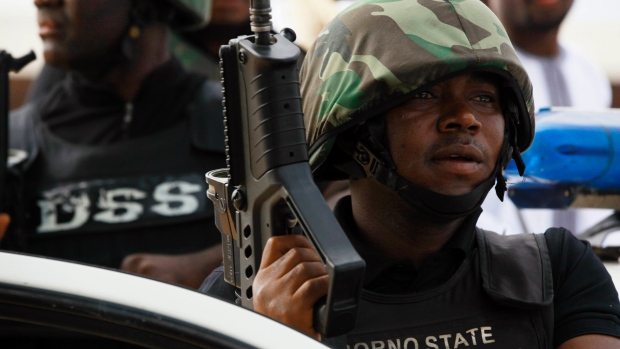by Delisa Morris
Impunity Watch Reporter, South America
BRASILIA, Brazil – While the England and Uruguay World Cup match was coming to an end, protests in São Paulo on the other side of town turned violent. This demonstration turned into antigovernment riots, ostensibly calling for free public transit in Brazil. The riot was one of the largest demonstrations over the course of the World Cup so far.

Initially more than a thousand people had gathered to commemorate the one-year anniversary of a successful protest against a transit fare hike. However, like other transit protests, this one was a flash point to release deep-seated frustrations over poverty and government spending.
At first things were peaceful, like most of the recent demonstrations across Brazil over the course of the World Cup have been, the protest quickly escalated when groups of masked men began to set fires in the street and shatter bank windows.
Tensions were high in the city after a group of men dressed in black threw explosives – possibly fireworks – into a bar crowded with England supporters viewing their country’s match. The men fled to a bus and were arrested harboring knives, more fireworks and brass knuckles.
A few hours later, around 2,000 Brazilian protesters took to the streets to mark the anniversary of last year’s public transportation protests. The demonstration was organized by Free Fare, the same group that started last year’s massive protests. Thursday’s protest began peacefully, but some marches later turned to violence and vandalism as the England-Uruguay game started on the opposite side of the city. As they did last year, the demonstrators set up burning barricades. Police responded with tear gas and finally quelled the unrest after five hours or so. Eyewitnesses claim the anarchist group “Black Block” was behind much of the violence and destruction of property.
The protesters broke the windows of banks and broke into a car dealership to smash the cars there. Television images showed groups of masked men spray painting graffiti on cars, firing off rockets and smashing public property as police responded with tear gas
One of the largest Brazilian protests during the World Cup soccer tournament thus far, and it was the first to become overtly violent. A police spokesperson reported no injuries to either protesters or foreign soccer fans.
While a number of anti-government protests have broken out in Brazil since the World Cup began, most have been on a much smaller scale. Most of the demonstrations in the past few weeks have sought to confront a government that protesters say pays insufficient attention to both public resources and its employees.
The protest shut down one of the city’s main thoroughfares, though the impact of traffic was limited due to a national holiday on Thursday.
For more information, please see:
Reuters — Sao Paulo protest turns violent as World Cup game ends — 19 June 2014
The Wall Street Journal — Protests in Sao Paulo Turn Violent — 19 June 2014
International Business Times — Sao Paulo Protests Devolve Into Violent Riot After England-Uruguay World Cup Match — 19 June 2014
Time — Amid the World Cup, a Violent Reminder of Brazil’s Discontent — 20 June 2014



